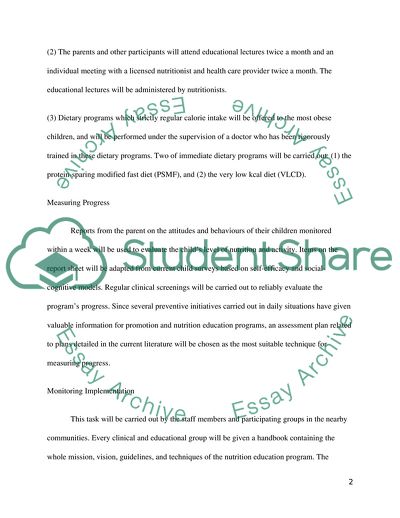Not Found (#404) - StudentShare. https://studentshare.org/medical-science/1763649-action-plan-for-childhood-obesity-in-the-uk
Not Found (#404) - StudentShare. https://studentshare.org/medical-science/1763649-action-plan-for-childhood-obesity-in-the-uk.


